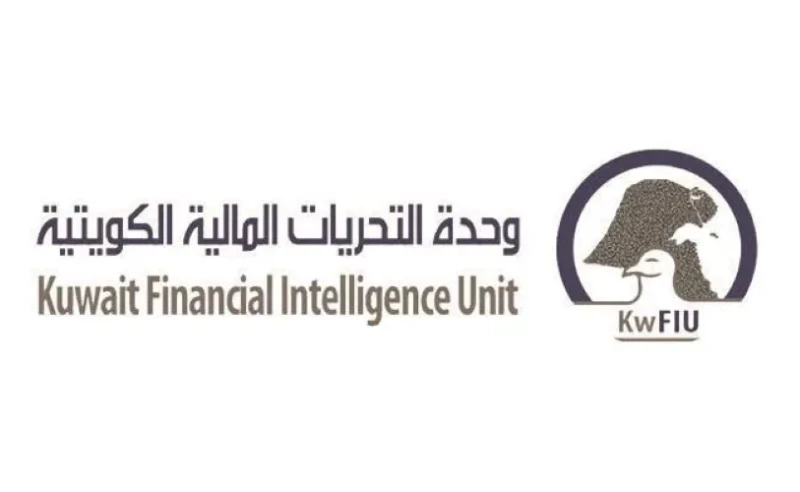Latest News
- Kuwait Arrested 18 Drug Dealers
- 8 More Mental Health Clinics To Be Open
- Fishermen's Makeshift Houses Ordered To Be Removed By Kuwait
- Kuwait Cracks Down On Bachelors
- Non-oil Exports Of Kuwait Reached 106 Million Dinars In January,...
- Kuwait Joins The Global Celebration Of World Press Freedom Day
- Kuwaitis In UAE Advised To Exercise Caution Amid Unstable Weathe...
- MEW Has No Plans For Power Cuts And Is Ready To Tackle The Summe...
- Allow Employees To Transfer If Their Monthly Dues Are Not Paid
- Appeal Court Upholds Death Ruling In Friend’s Kill
- Pakistani Expat Died In A Tragic Accident
- The Hourly Domestic Workers Service Is A New Scam
Banks Heighten Scrutiny On Check Deposits: Focus On Source And Purpose Raises Concerns

Recent reports indicate that banks are intensifying their scrutiny of customer deposits, not only seeking details about the source of funds but also delving into the purpose behind obtaining the money. This heightened examination is particularly evident when it comes to checks from known parties issued by local banks, especially those involving substantial amounts compared to the client's usual income.
Customers depositing checks into their accounts are experiencing increased calls from banks, with inquiries expanding beyond the source of the check to the reason behind receiving it. Some clients express discomfort with this practice, arguing that not all financial transactions necessarily originate from business relationships.
In response, individuals have informed banks that the check amounts received are gifts, emphasizing the absence of legal restrictions on the exchange of financial gifts between individuals, especially within socially acceptable limits. Banks typically refrain from escalating such matters to the Financial Investigation Unit unless the value is exceptionally substantial and unexplained.
To combat money laundering and terrorist financing, local banks are now imposing restrictions on the deposit of funds from exchange companies. They are accepting deposits only up to specific cash levels, particularly if the amounts differ from the standard liquidity rates of these companies. This measure primarily targets exchange entities not supervised by the Central Bank of Kuwait but falling under the oversight of the Ministry of Commerce and Industry.
A stringent approach is applied to cash deposits from exchange offices, especially those not associated with major entities known for their reliability. Banks determine daily, weekly, or monthly deposit limits based on the average operations for a specific period, considering potential fluctuations during certain seasons, such as tourism.
Each bank sets a maximum limit for liquidity from exchange companies, with some refusing additional amounts that exceed their specified limits. These measures are part of precautionary steps to combat money laundering and terrorist financing.
The Central Bank mandates exchange companies not to accept cash amounts exceeding 3,000 dinars or its equivalent in foreign currency in a single day. Exceeding this limit requires customers to deduct the funds from their bank account or process them through another authorized banking method, aligning with regulatory limits.
It's important to note that Kuwait has approximately 500 exchange companies, with only 38 registered with the Exchange Union and supervised by the Central Bank. The rest fall under the oversight of the Ministry of Commerce and Industry, prompting banks to apply distinct accounting mechanisms for depositing liquidity from major, reliable exchange companies.
Trending News
-
 Expat Residency Law Amended By Kuwait Ministerial...
20 April 2024
Expat Residency Law Amended By Kuwait Ministerial...
20 April 2024 -
 Ministry Announces Separate Time For Amnesty Seeke...
21 April 2024
Ministry Announces Separate Time For Amnesty Seeke...
21 April 2024 -
 The Ministry Connects With Violators Of Residency...
23 April 2024
The Ministry Connects With Violators Of Residency...
23 April 2024 -
 Work Permits Will Be Issued For One Year Under The...
27 April 2024
Work Permits Will Be Issued For One Year Under The...
27 April 2024 -
 AstraZeneca Admits Covid Vaccine Can Cause Rare Si...
29 April 2024
AstraZeneca Admits Covid Vaccine Can Cause Rare Si...
29 April 2024 -
 3 Expats Caught In Salmiya With 213 Bottles Of Loc...
23 April 2024
3 Expats Caught In Salmiya With 213 Bottles Of Loc...
23 April 2024 -
 Temperature Increases Cause Electricity Load Index...
21 April 2024
Temperature Increases Cause Electricity Load Index...
21 April 2024 -
 Al-Nuer Festival Celebrates Kuwaiti Agriculture Wi...
22 April 2024
Al-Nuer Festival Celebrates Kuwaiti Agriculture Wi...
22 April 2024 -
 Peak-time 'cut-offs' Raise Fears Of An Electricity...
22 April 2024
Peak-time 'cut-offs' Raise Fears Of An Electricity...
22 April 2024 -
 Road Trip From Kuwait To Bahrain Via Saudi: Travel...
22 April 2024
Road Trip From Kuwait To Bahrain Via Saudi: Travel...
22 April 2024












Comments Post Comment